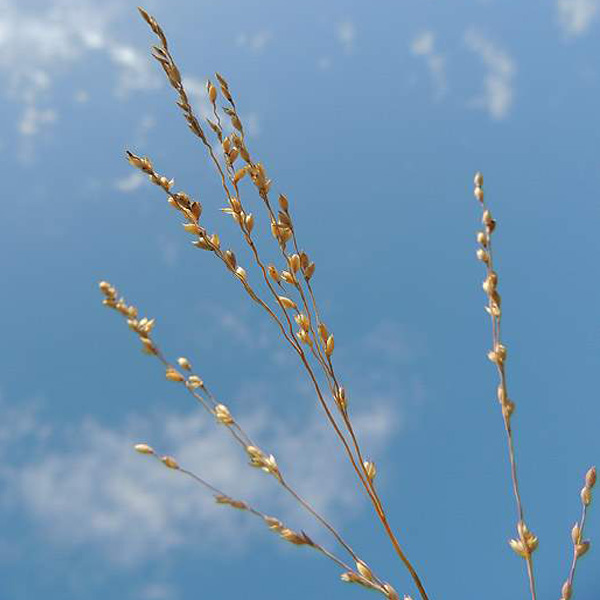
Emergent Aquatic Weed Identification
Emergent Aquatic Weeds: weeds that have stems and leaves protruding above the water's surface. These water weeds have roots anchored to the substrate/lakebed/floor of the water body. Below is a list of Australian aquatic plants species that are considered weeds, links to products we supply and methods we reccommend to use to help erradicate water weeds.
There are also 3 other types of Aquatic Weeds:
Common Reed
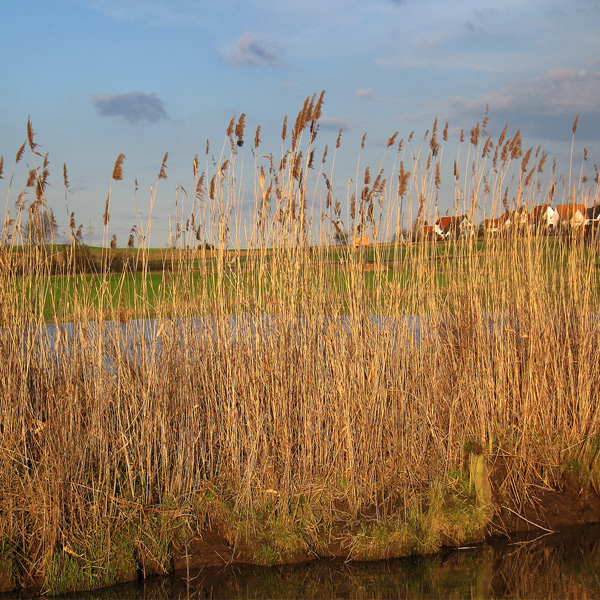 |
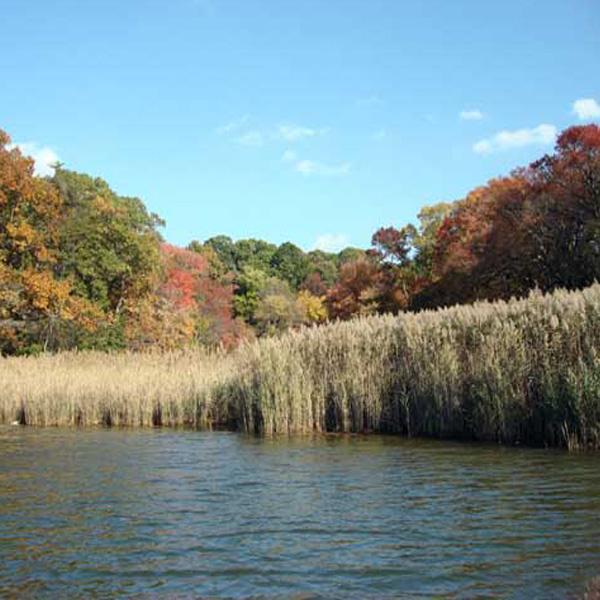 |
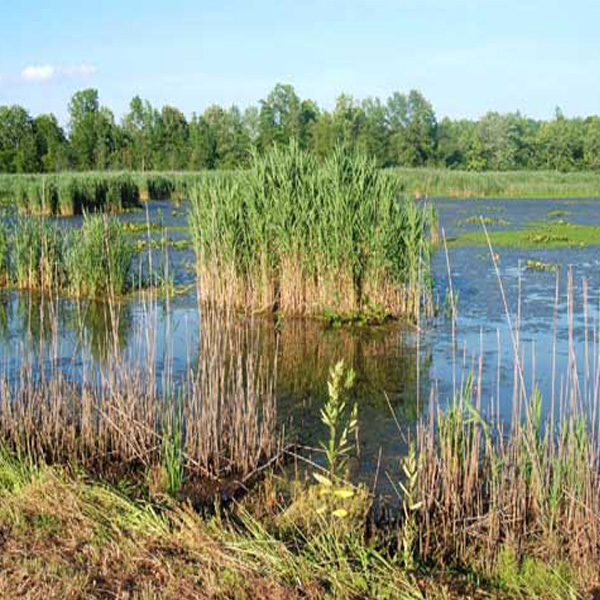 |
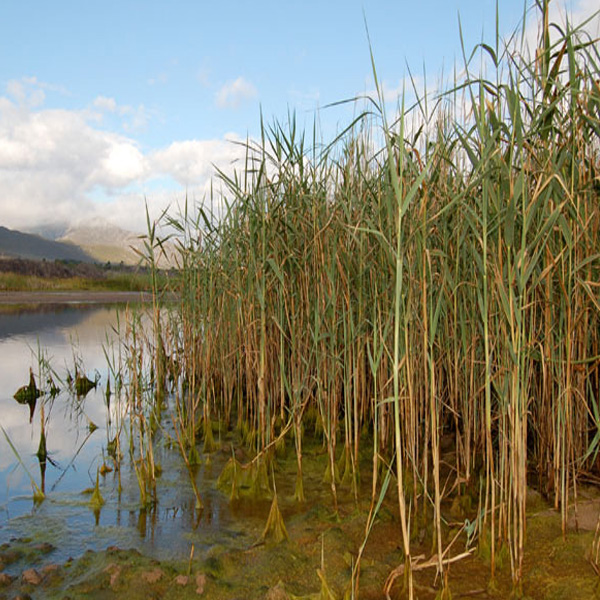 |
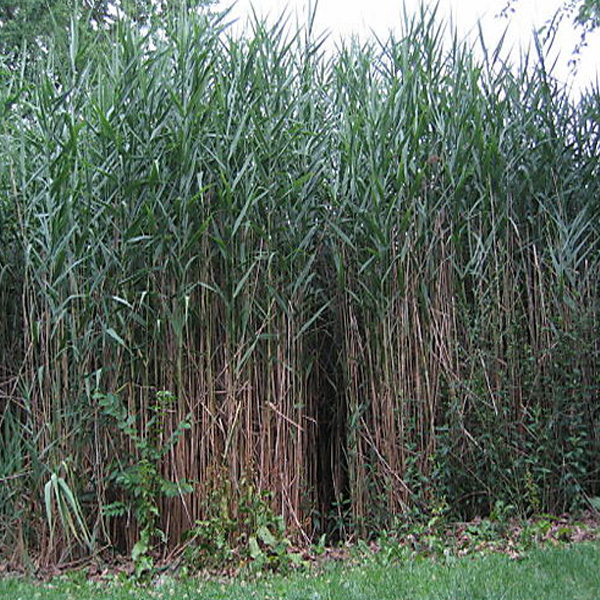 |
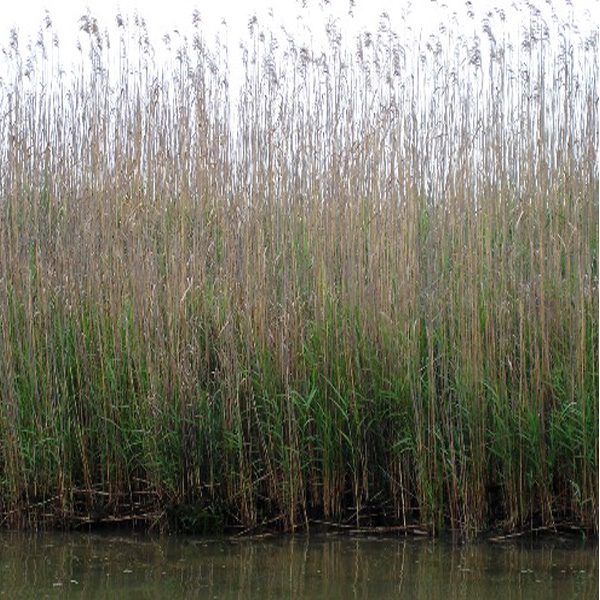 |
Distribution
NSW, QLD, VIC, SA, NT, ACT, WA, TAS
Description
Grows to 4m high with an extensive rhizome system. Stems rigid with multilpe nodes roughly 15cm diameter with hollow internodes, leaves up to 7cm long with hairs.
Life Cycle
Perennial
Origin
Native
Mechanical Control
- Raking & cutting
- Weed Razor
- Weed Razor PRO
- Lake Mower
- Weed Rake
- ½ HP Aeration Fountain
- Harvesting
>View Products to combat Common Reed
Common Rush
Species: Jucus Usitatus Family: Juncaceae
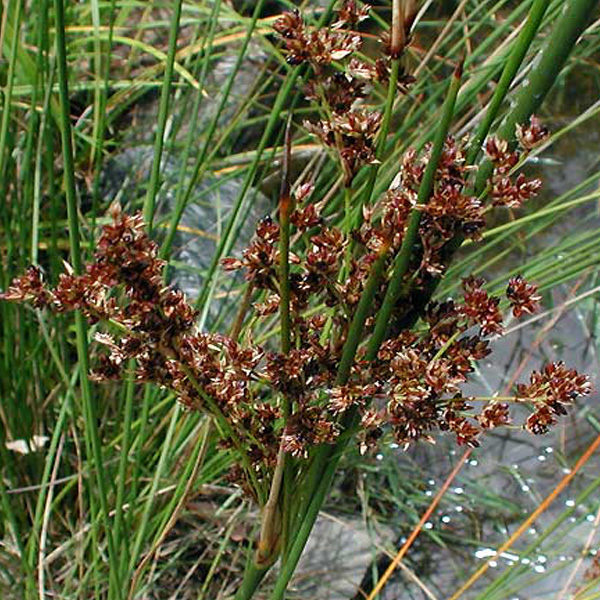 |
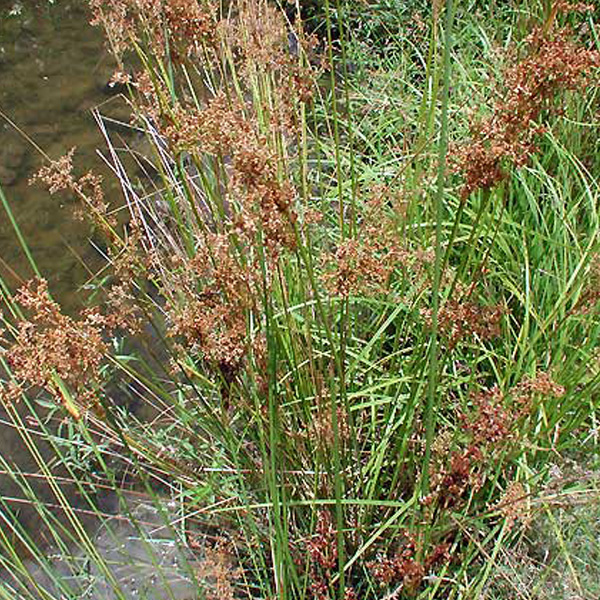 |
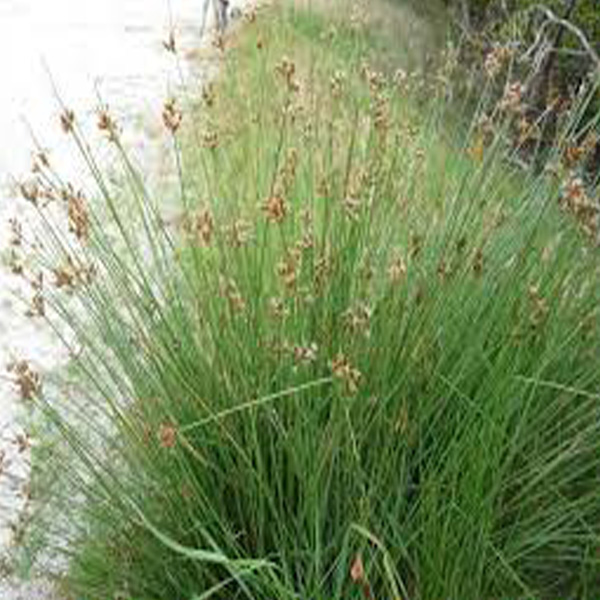 |
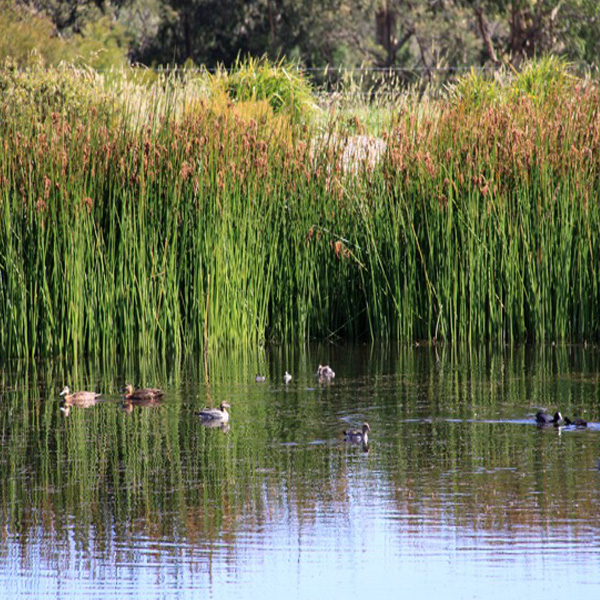 |
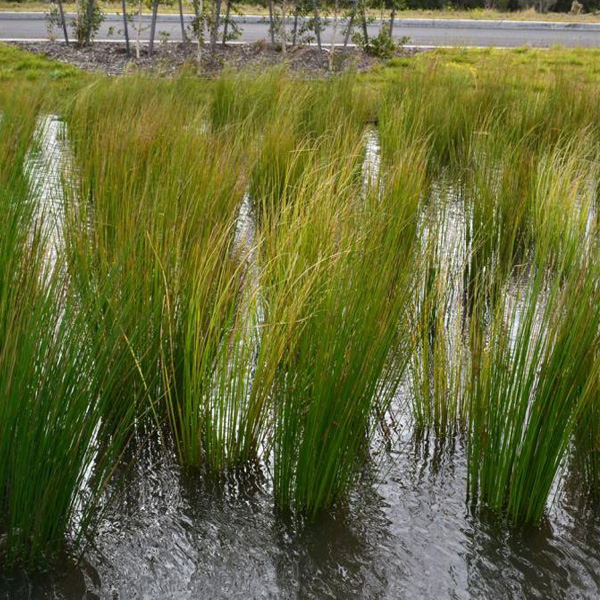 |
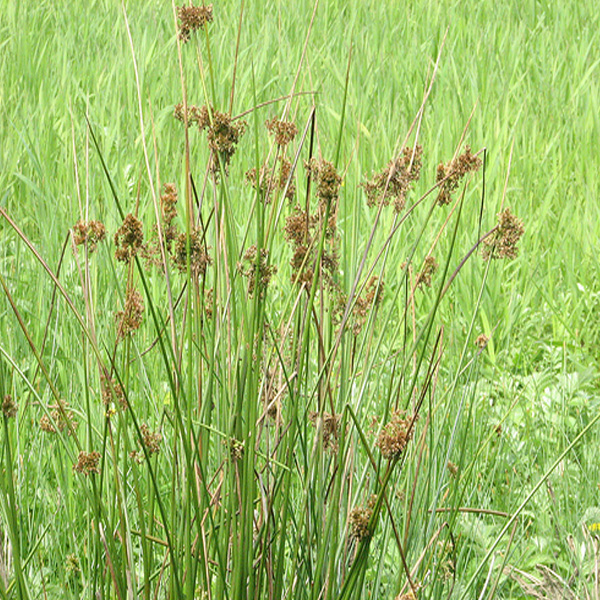 |
Distribution
NSW, QLD, VIC, SA, WA
Description
A tufted, leafless perennial rush with cylindrical, green, pithy stems. No leaves. Leaf sheaths pale or shiny dark brown or pink-brown toward base, straw coloured and loose toward apex, up to 180 mm long. Stomata superficial. Stems usually 1-2mm diameter.
Life Cycle
Perennial
Origin
Native
Mechanical Control
- Raking & cutting
- Weed Razor
- Weed Razor PRO
- Lake Mower
- Weed Rake
- ½ HP Aeration Fountain
- Harvesting
>View Products to combat Common Rush
Common Spike-rush
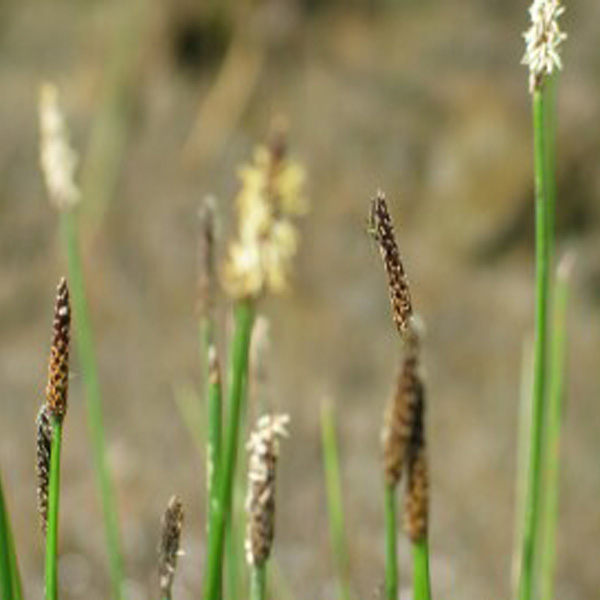 |
 |
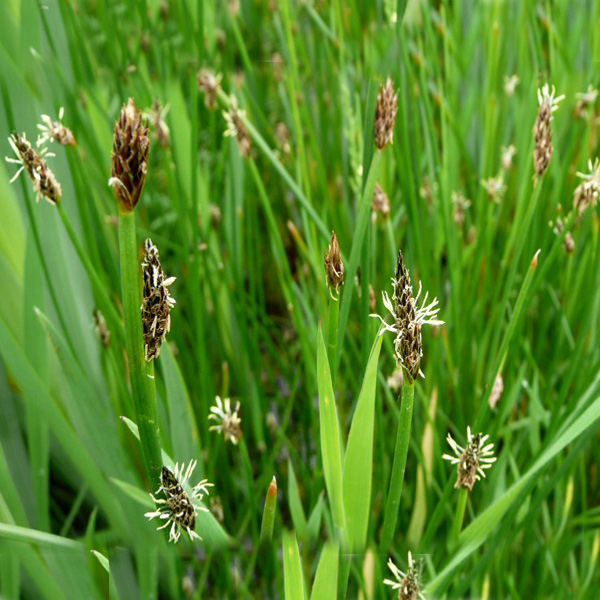 |
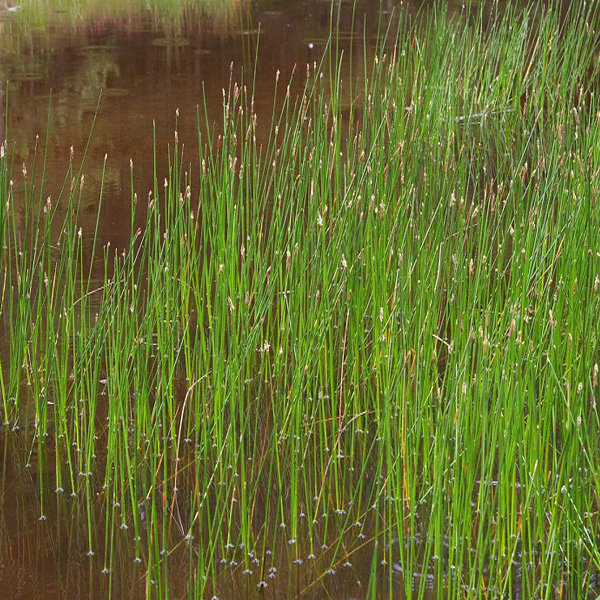 |
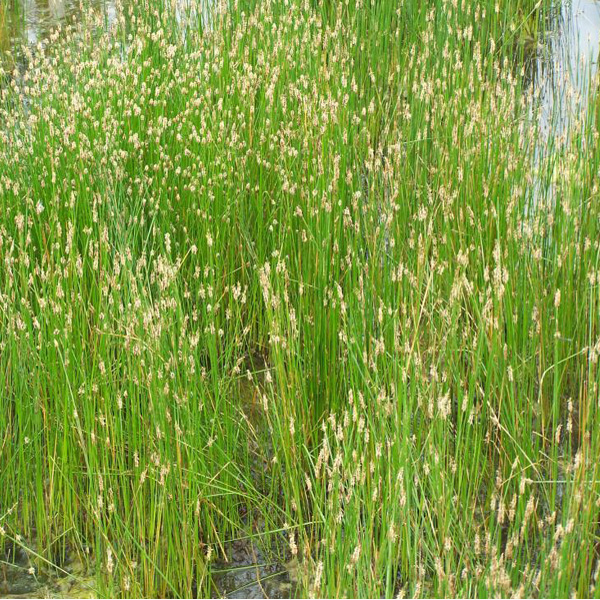 |
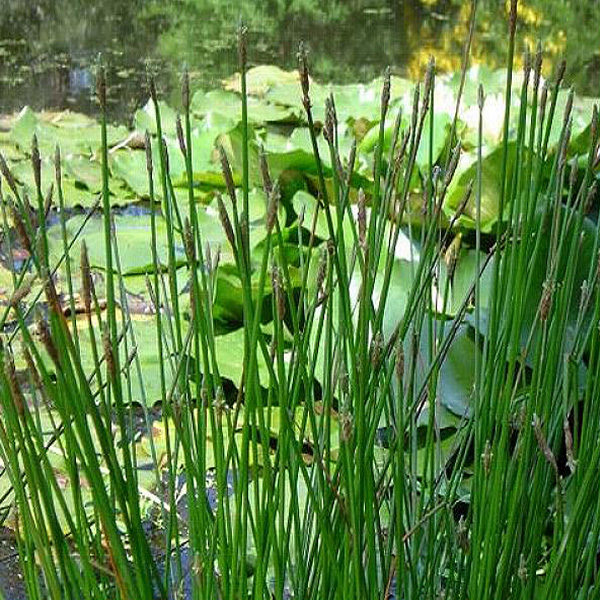 |
Distribution
NSW, QLD, VIC, SA, ACT, WA, TAS
Description
250mm to 400mm tall, Small Spike Rush, is rhizomatous macrophyte that forms dense swards. Eleocharis acuta has fine green, cylindrical, upright foliage. Flower and seed head at the very tip of its stem.
Life Cycle
Perennial
Origin
Native
Mechanical Control
- Raking & cutting
- Weed Razor
- Weed Razor PRO
- Lake Mower
- Weed Rake
- ½ HP Aeration Fountain
- Harvesting
>View Products to combat Common Spike-rush
Cumbungi
Species: Typha Latifolia Family: Typhaceae
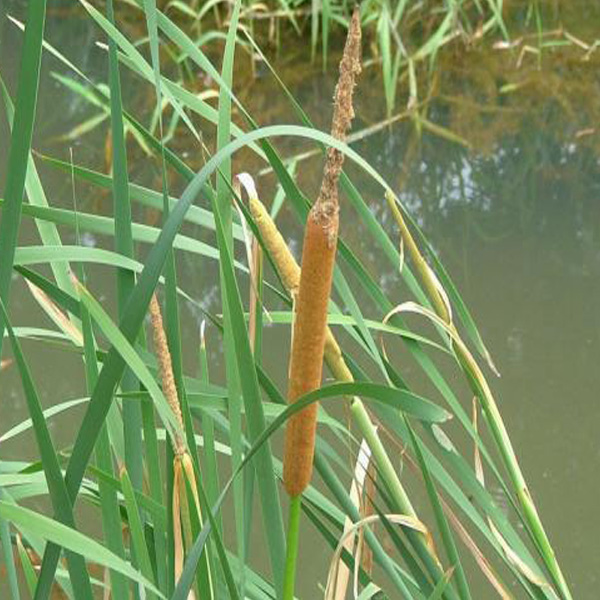 |
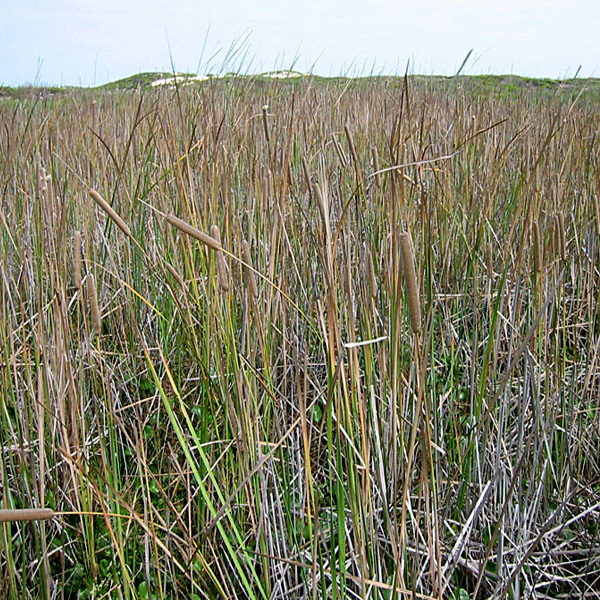 |
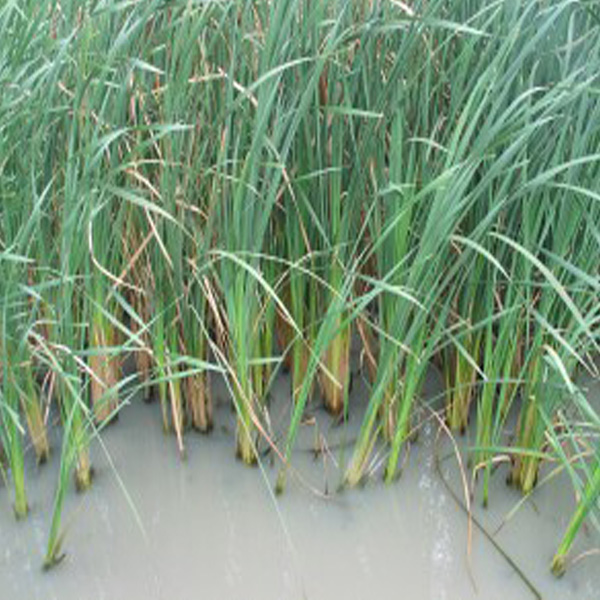 |
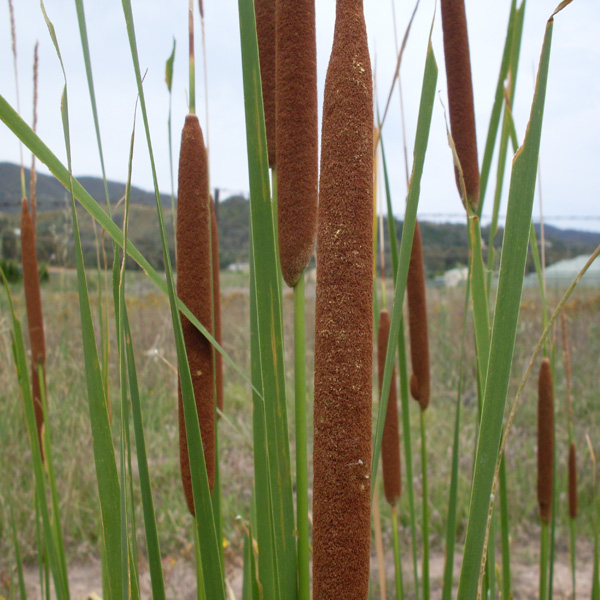 |
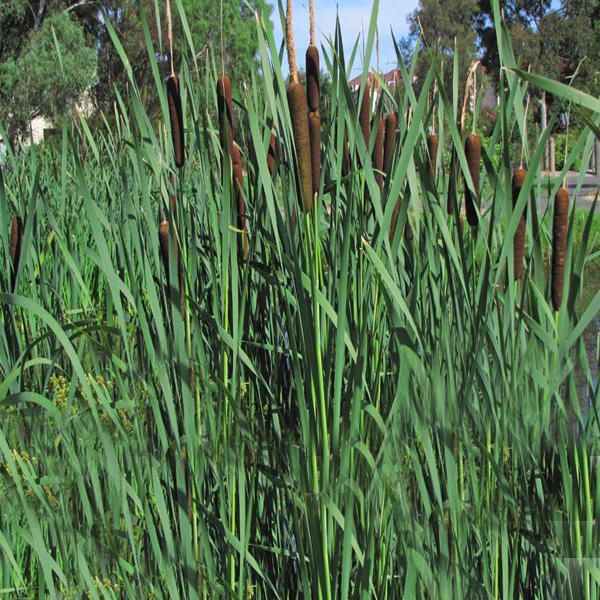 |
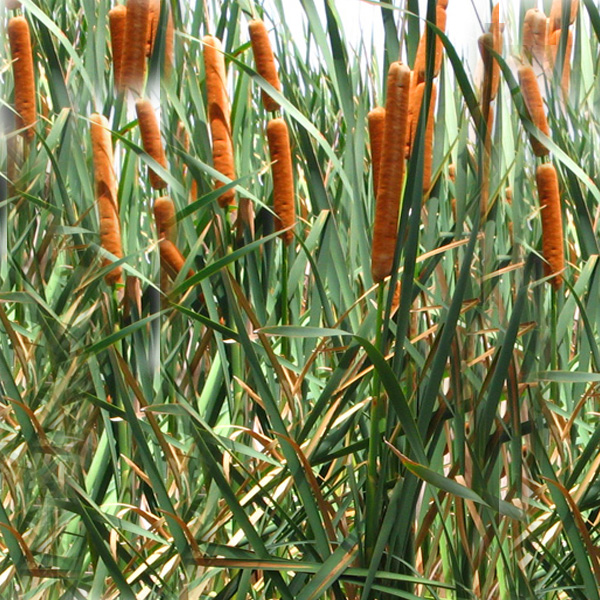 |
Distribution
VIC, TAS
Description
The grass-like leaves are thick and spongy, and are borne on either side of a stout, cane-like stem growing to 2.5 m high. The flower head is produced in summer. Each stem produces one flower head divided into an upper spike of male flowers, and below this a cylindrical spike of female flowers. Generally the leaves of the introduced cumbungi are about 1 m in length compared to 2–3 m for the native species. All species grow in permanent fresh or brackish water. Leaves grow in bunches from below water level, are flat or slightly rounded and sometimes springy.
Life Cycle
Perennial
Origin
Introduced
Mechanical Control
- Raking & cutting
- Weed Razor
- Weed Razor PRO
- Lake Mower
- Weed Rake
- ½ HP Aeration Fountain
- Harvesting
>View Products to combat Cumbungi
Cumbungi (Orientals/Domingensis)
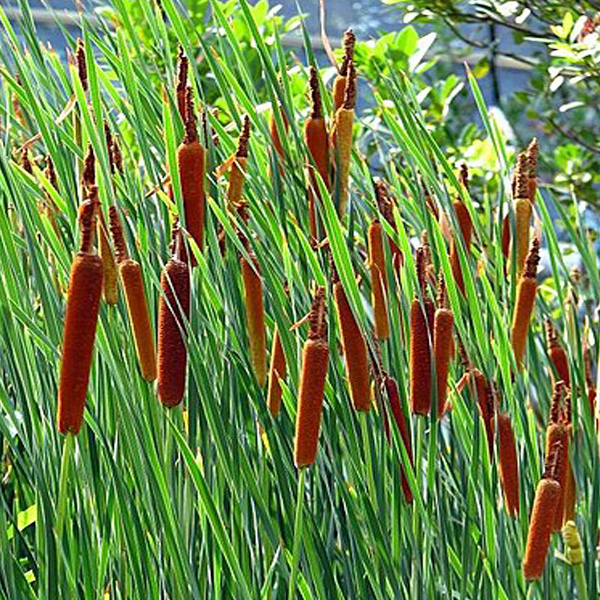 |
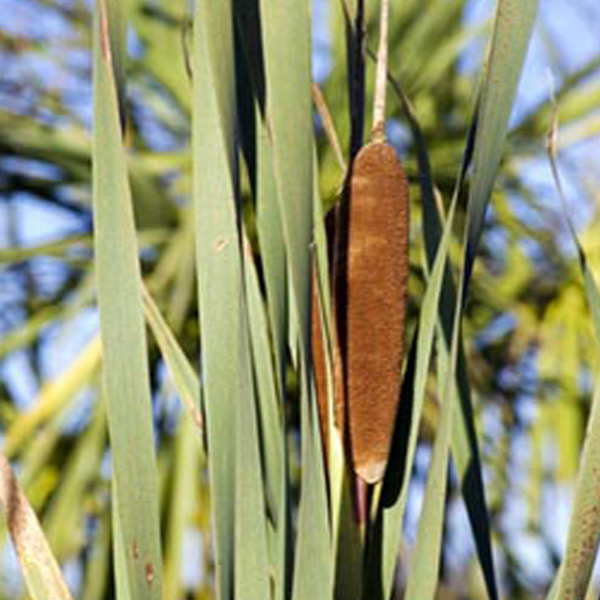 |
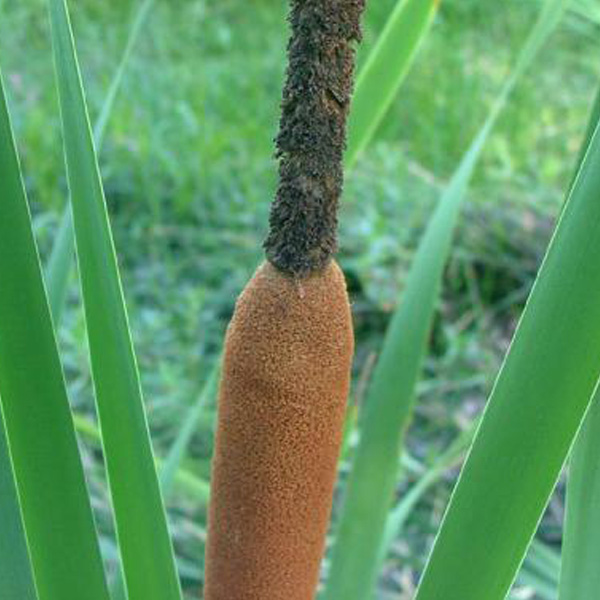 |
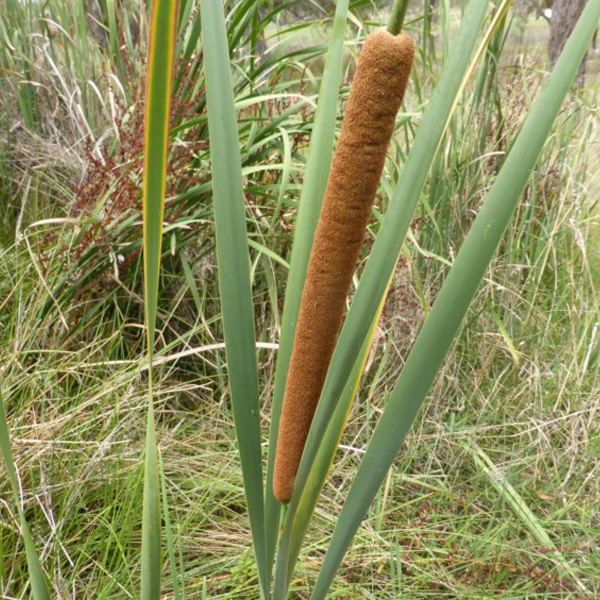 |
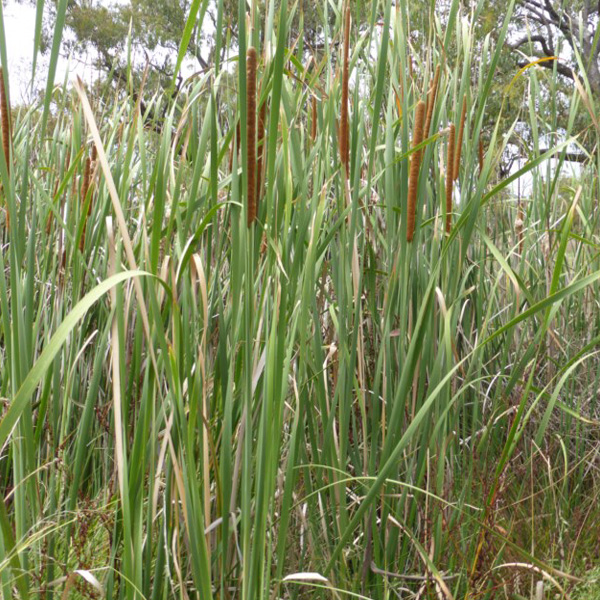 |
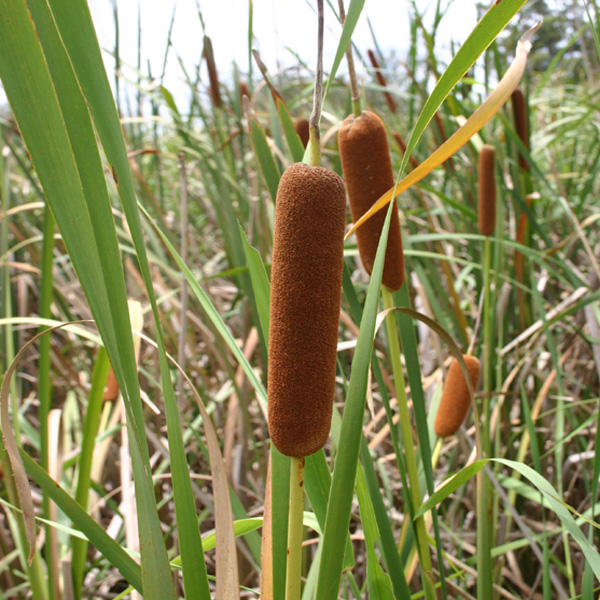 |
Distribution
NSW, QLD, VIC, SA, NT, ACT, WA, TAS
Description
4 m high; rhizomes to c. 20 mm diam.; stems to 20 mm diam. Leaves with blade to 2 m long, to 30 mm wide. Widely naturalised in south-western Western Australia.
Life Cycle
Perennial
Origin
Native
Mechanical Control
- Raking & cutting
- Weed Razor
- Weed Razor PRO
- Lake Mower
- Weed Rake
- ½ HP Aeration Fountain
- Harvesting
>View Products to combat Cumbungi (Orientals/Domingensis)
Dirty Dora / Rice Sedge
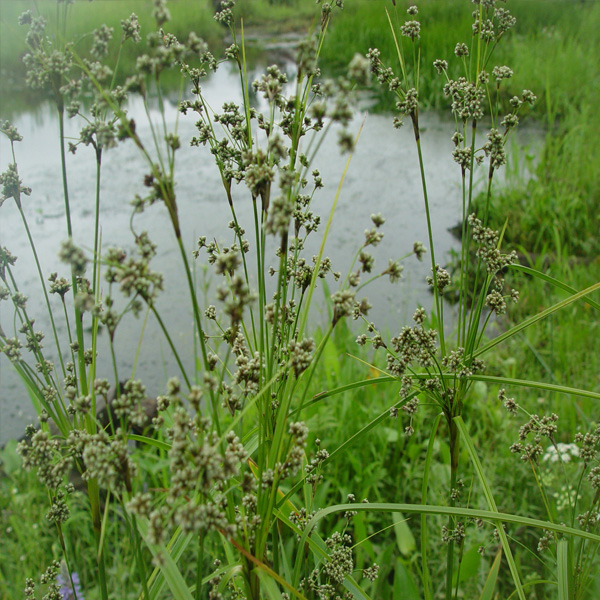 |
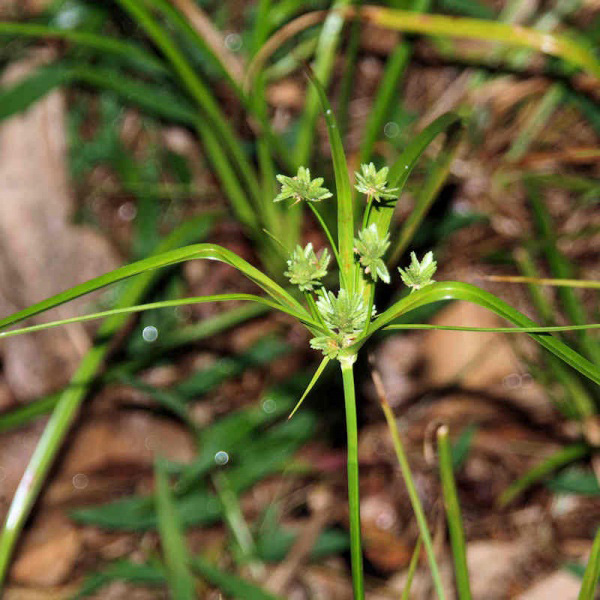 |
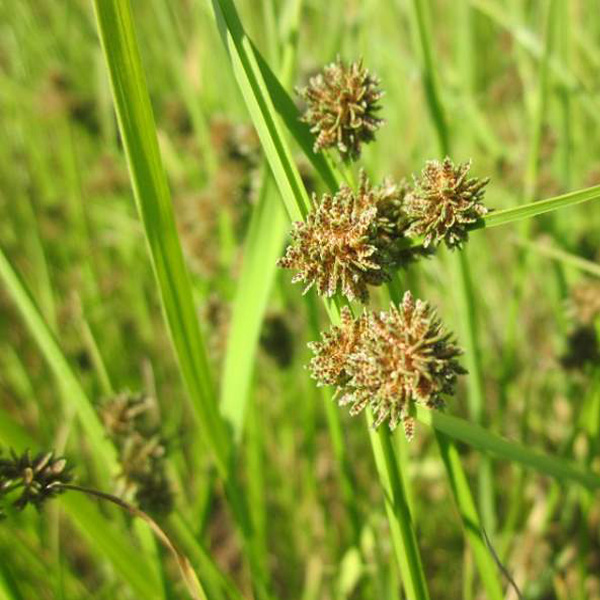 |
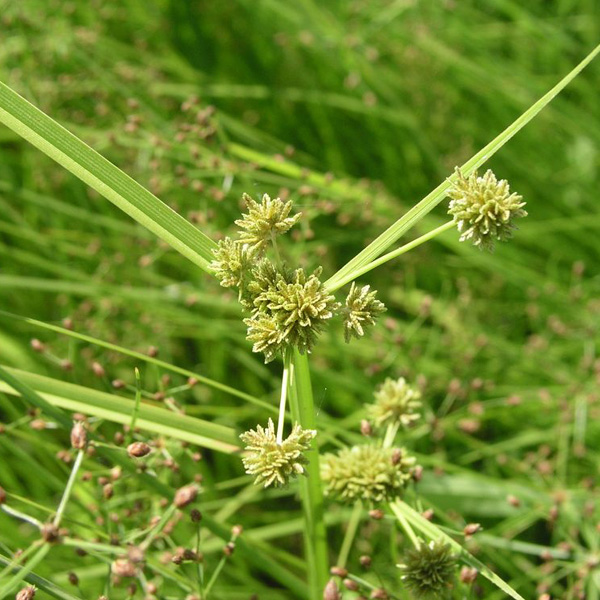 |
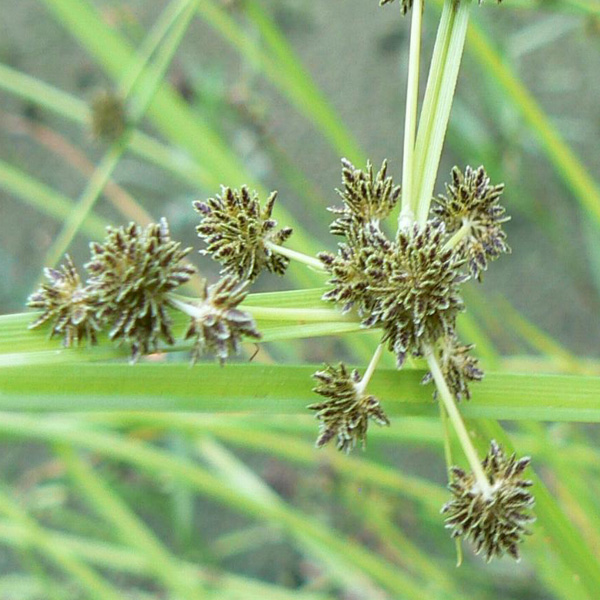 |
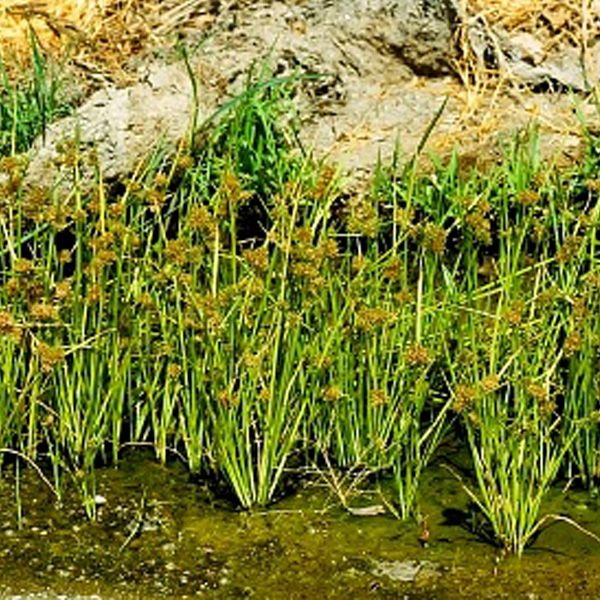 |
Distribution
NSW, QLD, VIC, SA, NT, ACT, WA
Description
annual herb with one to many thin, soft erect stems reaching over 30 centimeters in maximum height. There are usually a few long, wispy leaves around the base of the plant. The inflorescence is a rounded bundle one to three centimeters wide, containing up to 120 spikelets, each long and partially or entirely covered in up to 30 bracted flowers. The flowers are light brown with areas darker brown and sometimes a yellowish or purplish tint.
Life Cycle
Annual
Origin
Native
Mechanical Control
- Raking & cutting
- Weed Razor
- Weed Razor PRO
- Lake Mower
- Weed Rake
- ½ HP Aeration Fountain
- Harvesting
>View Products to combat Dirty Dora / Rice Sedge
Giant Sedge
Species: Cyperus Exaltatus Family: Cyperaceae
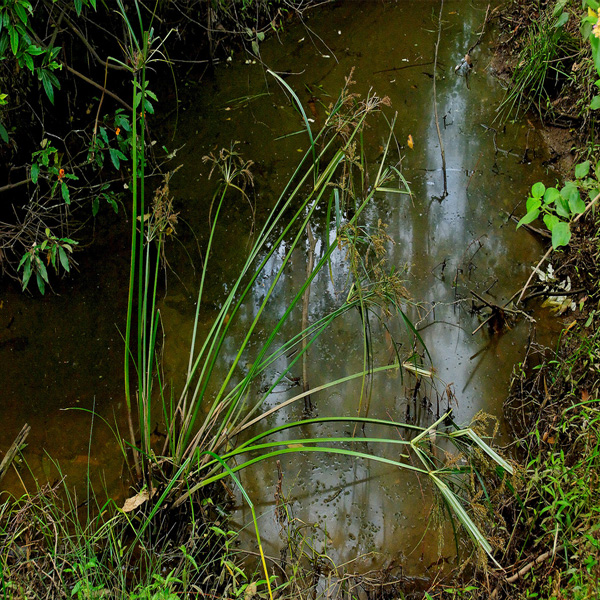 |
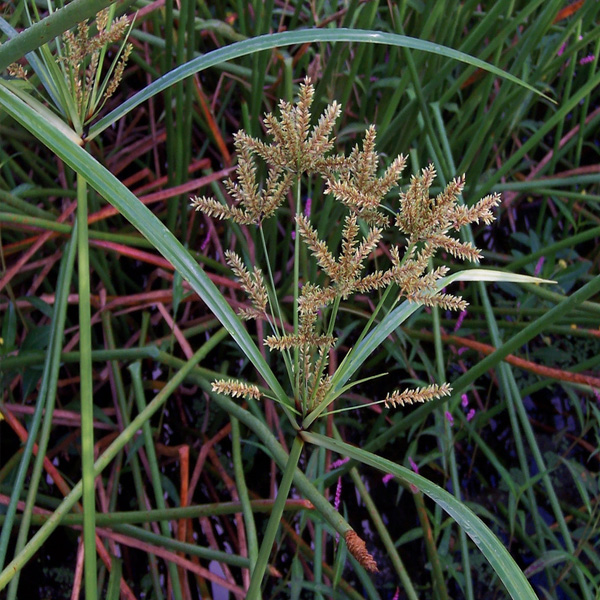 |
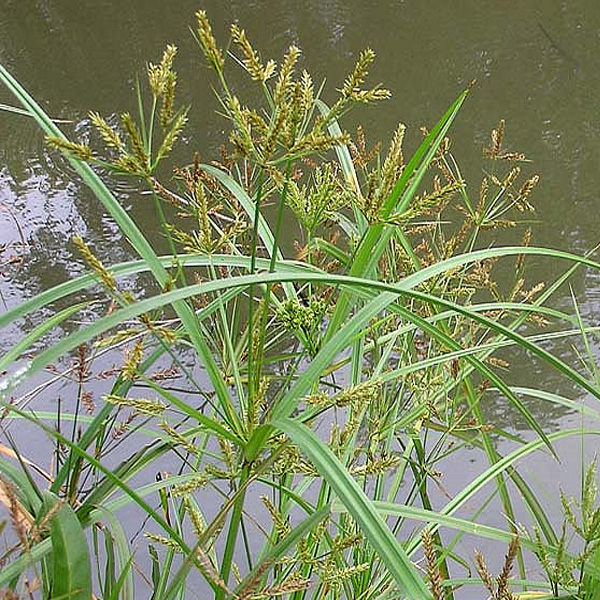 |
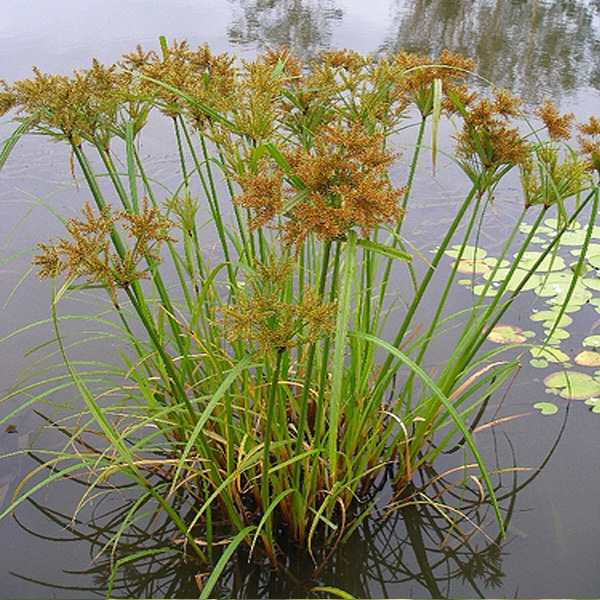 |
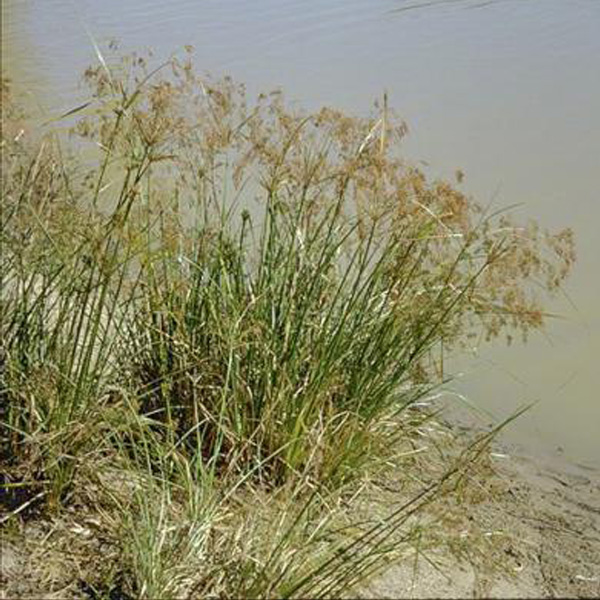 |
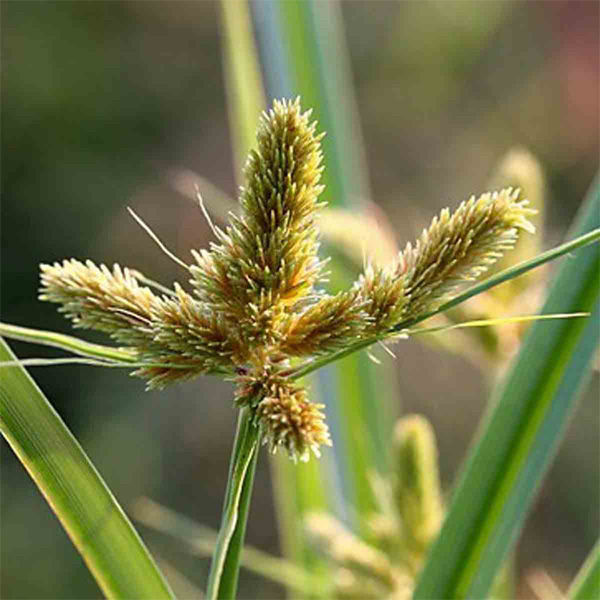 |
Distribution
NSW, QLD, VIC, SA, NT, ACT, WA
Description
2 m tall, stems have 3-angles, smooth leaves, Inflorescence compound or decompound, with 5–10 primary branches to 18 cm long; spikes narrow-cylindrical, 2–5 cm long, 0.5–1.5 cm diam.; involucral bracts leaf-like, 4–6 to 90 cm long. Spikelets flattened, numerous per spike, 4–18 mm long
Life Cycle
Perennial
Origin
Native
Mechanical Control
- Raking & cutting
- Weed Razor
- Weed Razor PRO
- Lake Mower
- Weed Rake
- ½ HP Aeration Fountain
- Harvesting
>View Products to combat Giant Sedge
Jointed Twigrush
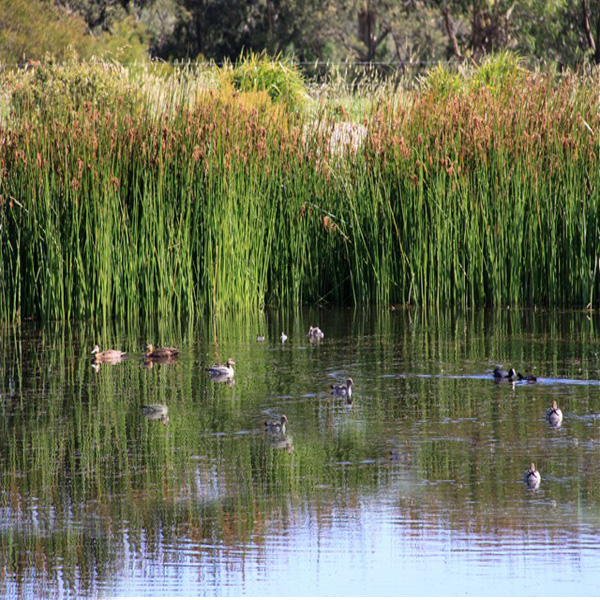 |
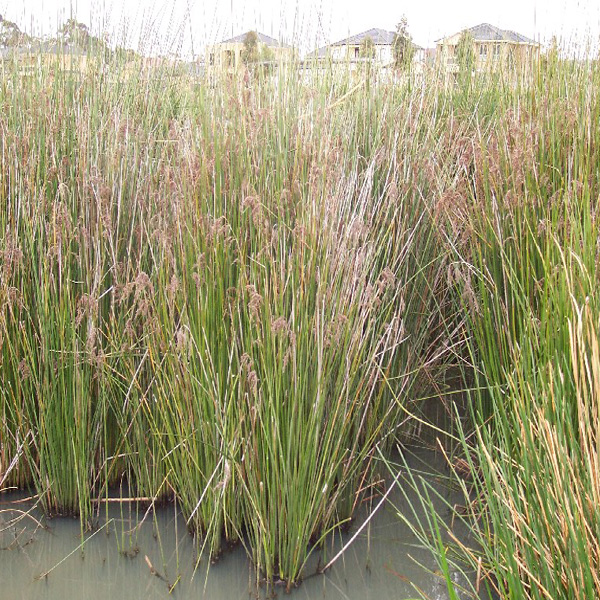 |
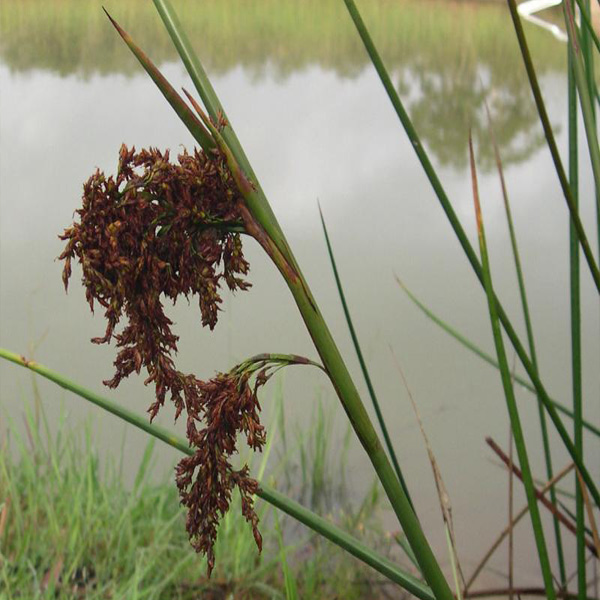 |
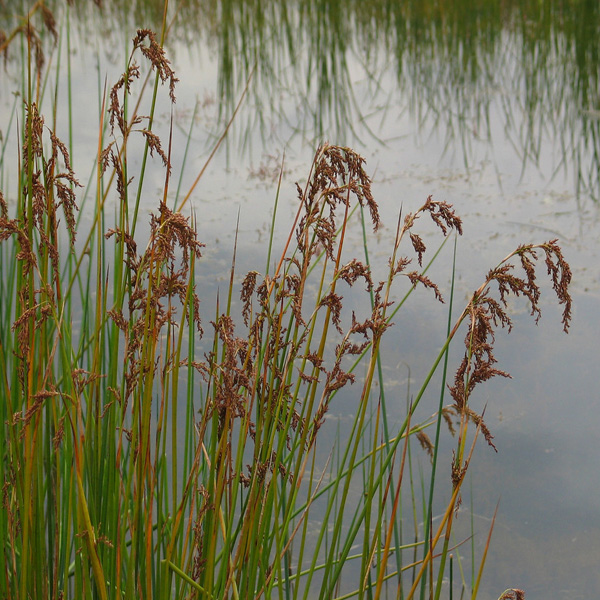 |
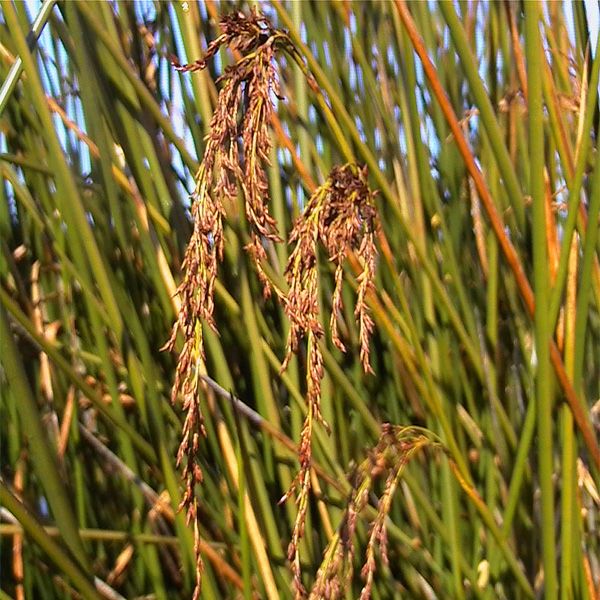 |
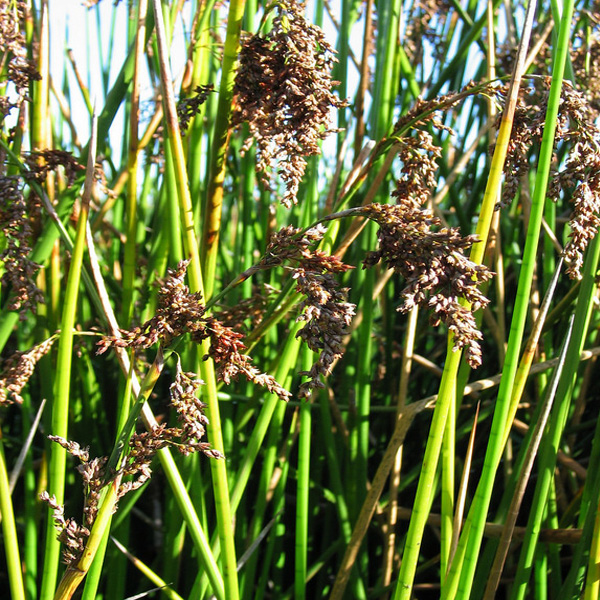 |
Distribution
NSW, VIC, SA, WA, TAS
Description
Grows to 2.5m, leaves basal, the branching reddish brown seed head is between 30-40cm long and is loosely clustered with many flowers, leaves are dark green and originate from the base and are reduced to greyish papery sheaths. The upper leaves have a soft hollow blade up to 120cm long. The stems are up to 180cm high, hollow and cylindrical.
Life Cycle
Perennial
Origin
Native
Mechanical Control
- Raking & cutting
- Weed Razor
- Weed Razor PRO
- Lake Mower
- Weed Rake
- ½ HP Aeration Fountain
- Harvesting
>View Products to combat Jointed Twigrush
Maundia Triglochinoides
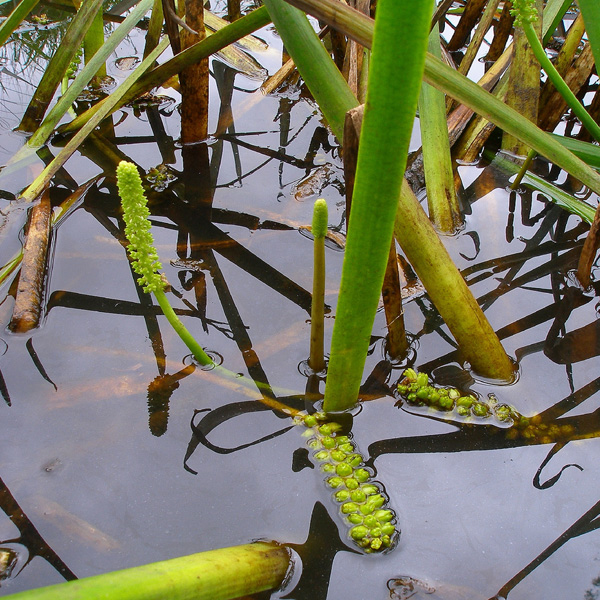 |
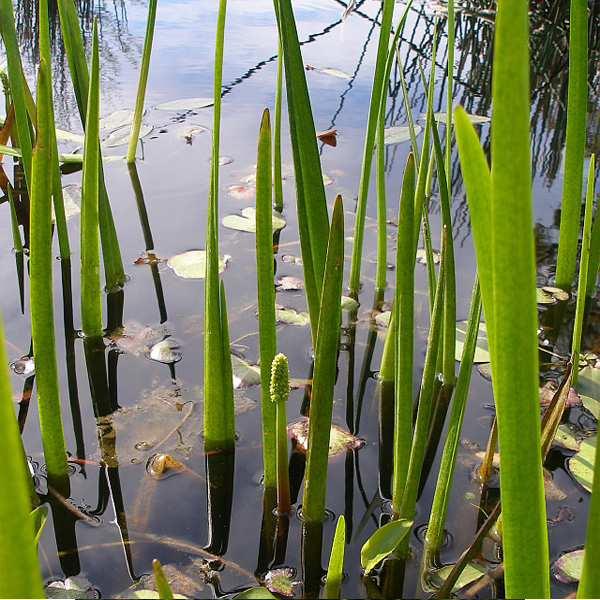 |
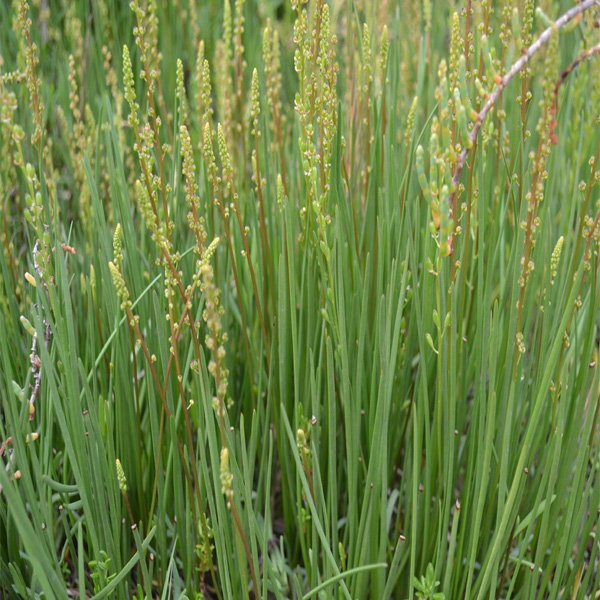 |
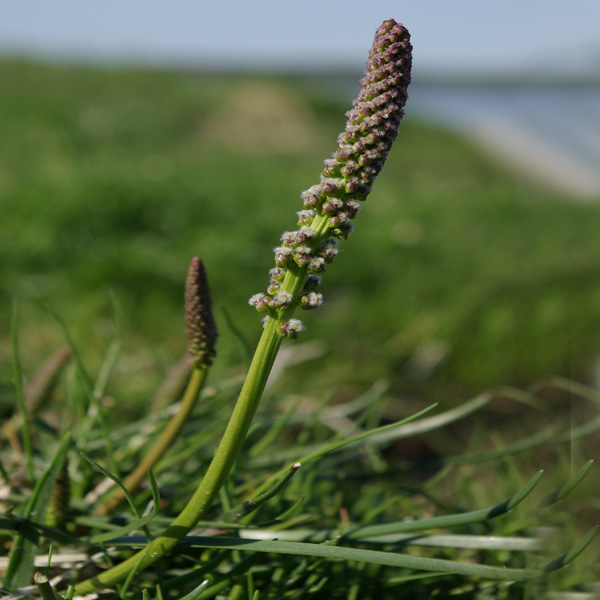 |
 |
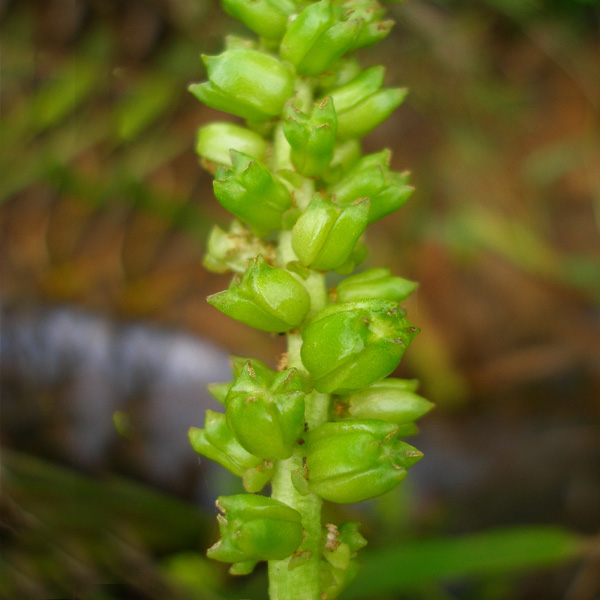 |
Distribution
NSW, QLD,
Description
Rhizomes about 5mm thick and emergent tufts of leaves arising along their length. Leaves are spongy, inflated and triangular in cross section, to 80 cm long, sometimes longer, 5 - 10mm wide. Inflorescence to 10cm long and 2.5 cm wide. Carpels (female parts of flower) 6 - 8mm long, sessile, each with a spreading beak. The fruit is 1cm long to 8mm wide.
Life Cycle
Perennial
Origin
Native
Mechanical Control
- Raking & cutting
- Weed Razor
- Weed Razor PRO
- Lake Mower
- Weed Rake
- ½ HP Aeration Fountain
- Harvesting
>View Products to combat Maundia Triglochinoides
Para Grass
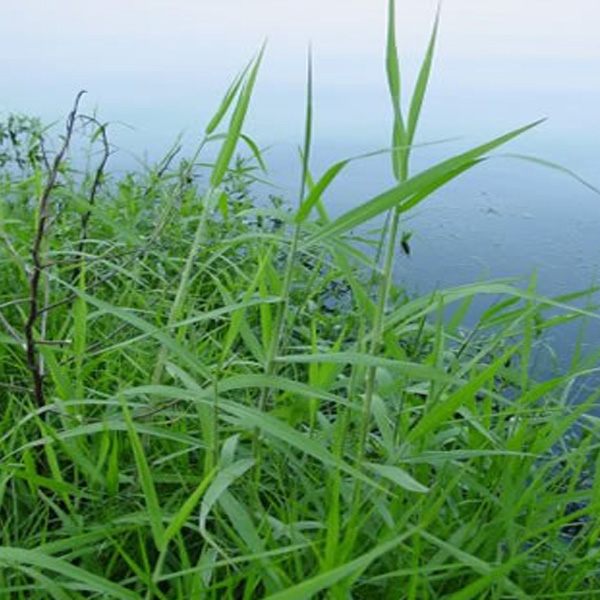 |
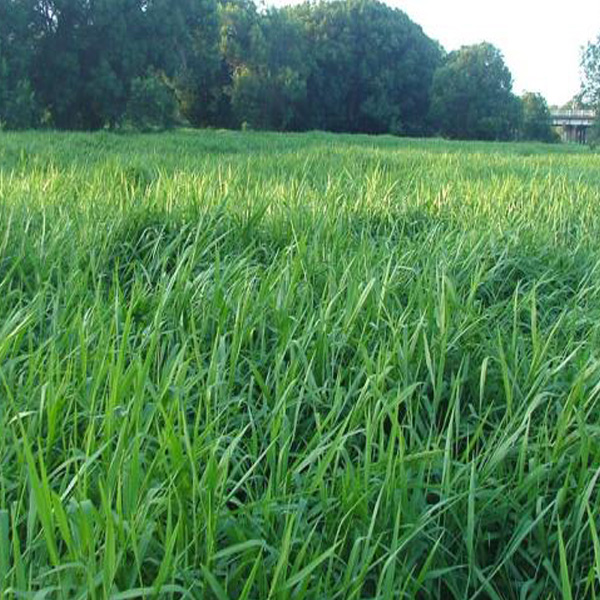 |
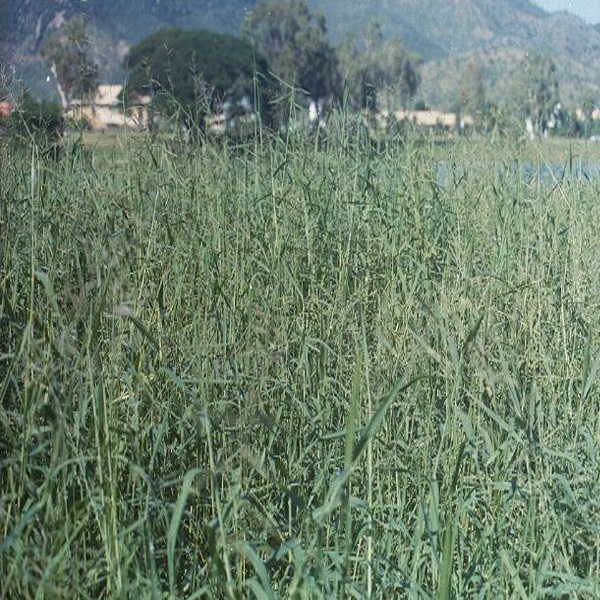 |
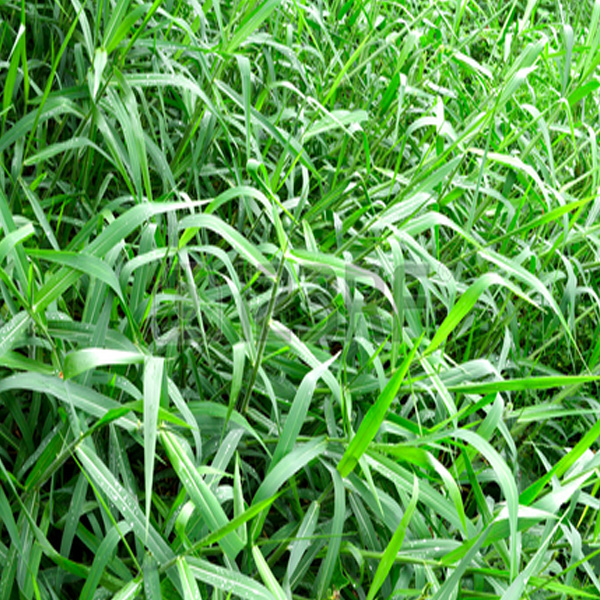 |
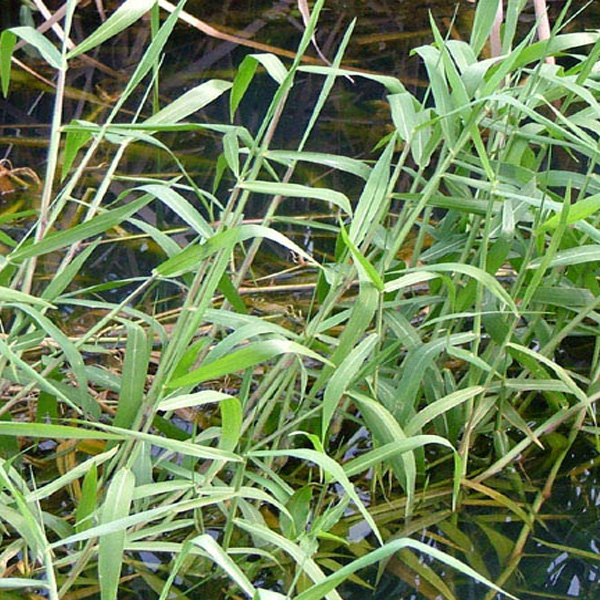 |
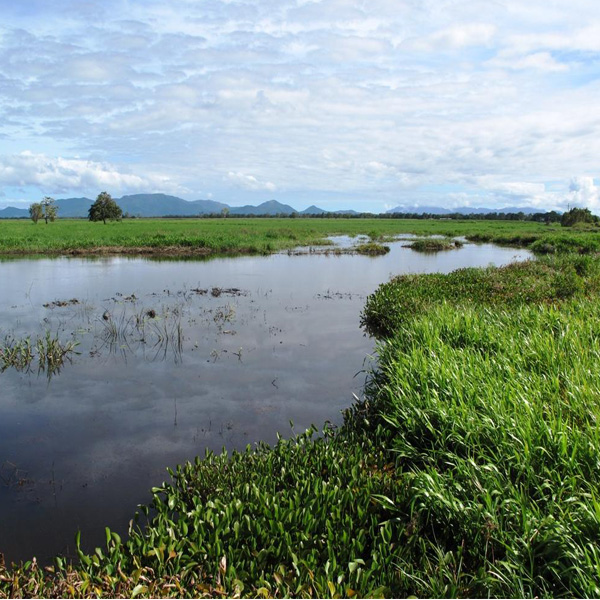 |
Distribution
NSW, QLD, NT, WA
Description
Para grass is a semi-aquatic plant and a common weed in many cane-growing areas. Para grass has been used in tropical locations as a fodder species, especially as a ponded pasture in beef production. Perennial grass grows up to 1m high. Creeping, prostrate growth habit. Stems are hollow and robust. Stems stand erect towards the ends and sprout new roots wherever the nodes touch the ground. Leaf blades are hairy, dark green, usually up to 15cm long and less than 1cm wide and taper to a long, fine point. Flower heads are up to 18cm long and made up of several spikes, each about 5cm long. Seeds cluster thickly along each spike. Aggressive growth in low-lying ungrazed areas and in sugar cane crops Often found in wet situations, especially drains, but will also grow in deep soils in non-swampy areas.
Life Cycle
Perennial
Origin
Introduced
Mechanical Control
- Harvesting
- CuttingWeed Razor
- Weed Razor PRO
- Lake Mower
- Weed Rake
- ½ HP Aeration Fountain
>View Products to combat Para Grass
Tall Spikerush
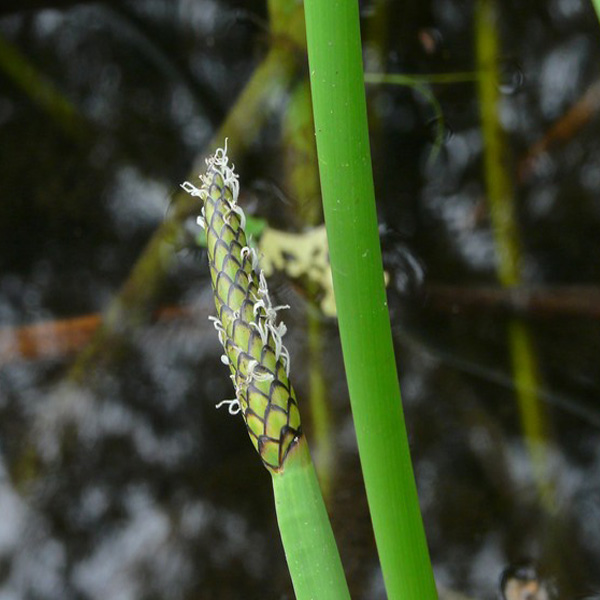 |
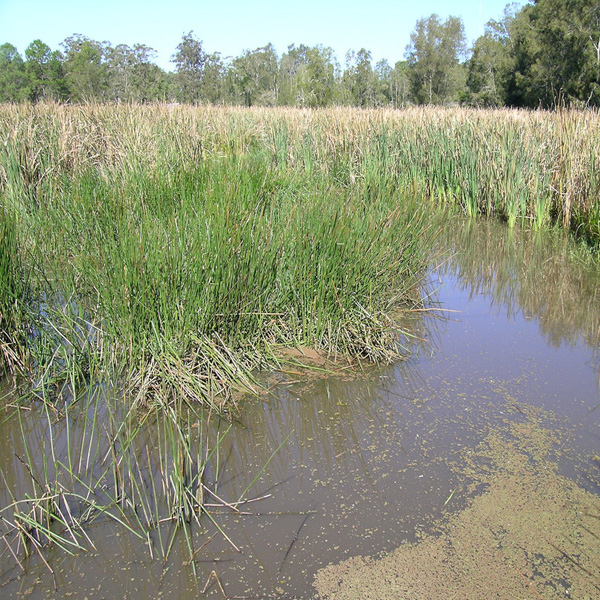 |
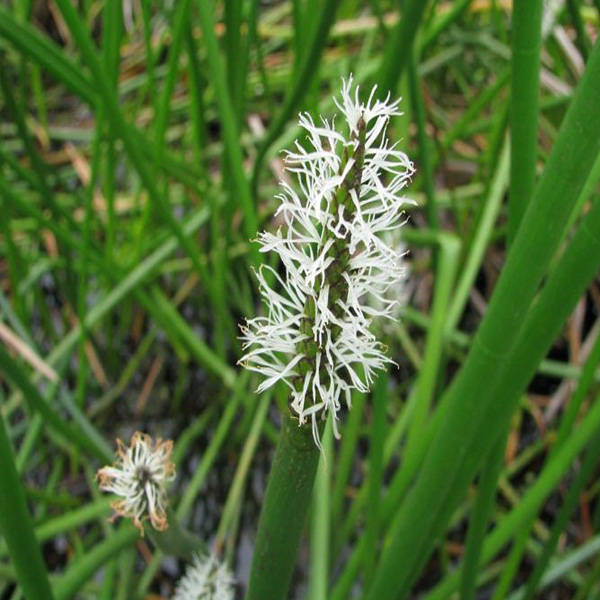 |
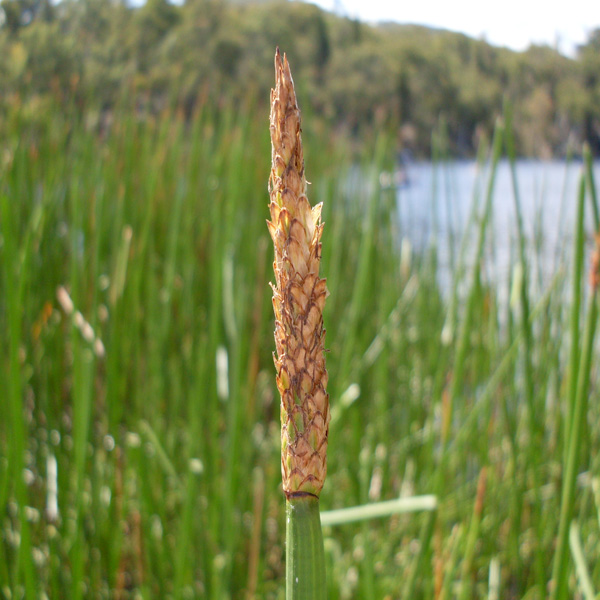 |
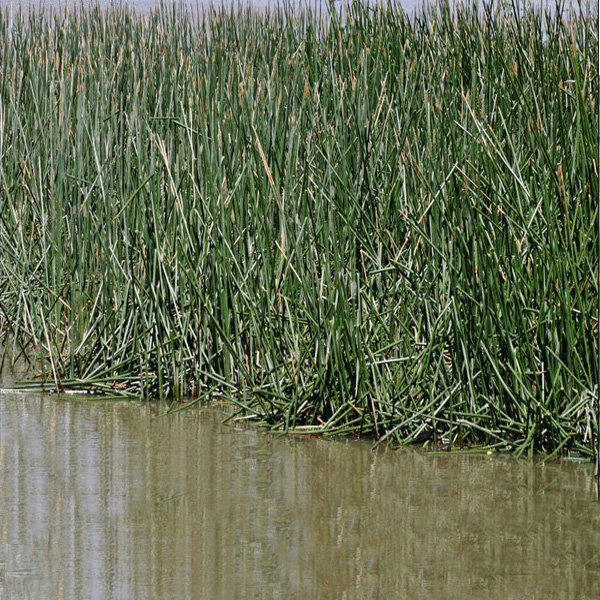 |
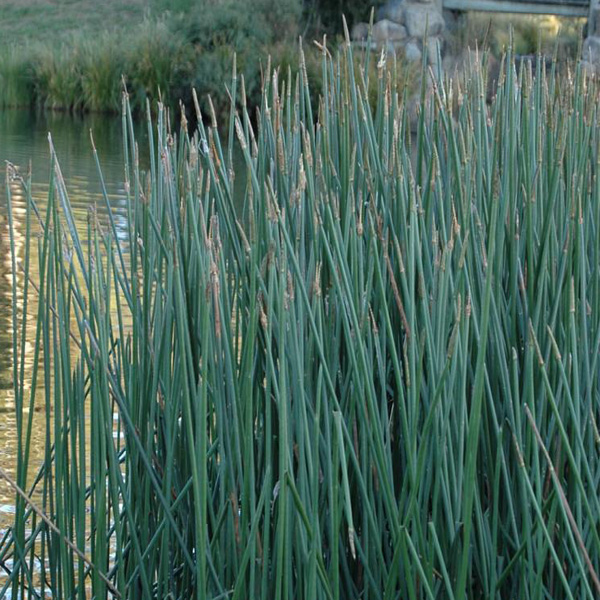 |
Distribution
NSW, QLD, VIC, SA, NT, ACT, WA, TAS
Description
1-1.5m tall, Spike Rush, a rhizomatous macrophyte that grows in or near still fresh water in dams, swamps, lakes, creeks and drainage swales. Large green cylindrical upright reeds that resemble spikes. The flower and seed head is on the tip of each reed.
Life Cycle
Perennial
Origin
Native
Mechanical Control
- Raking & cutting
- Weed Razor
- Weed Razor PRO
- Lake Mower
- Weed Rake
- ½ HP Aeration Fountain
- Harvesting
>View Products to combat Tall Spikerush
Torpedo Grass
Species: Panucum Repens Family: Poaceae
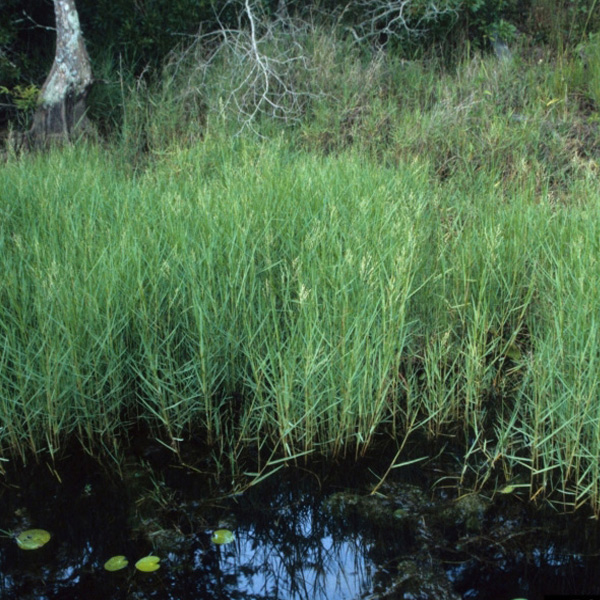 |
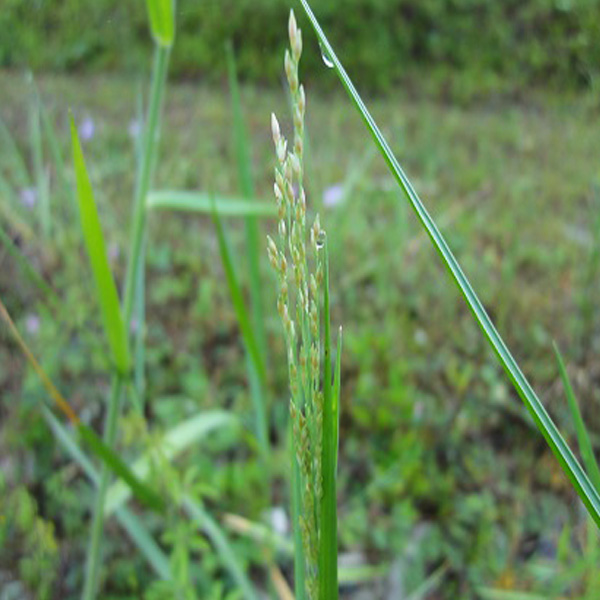 |
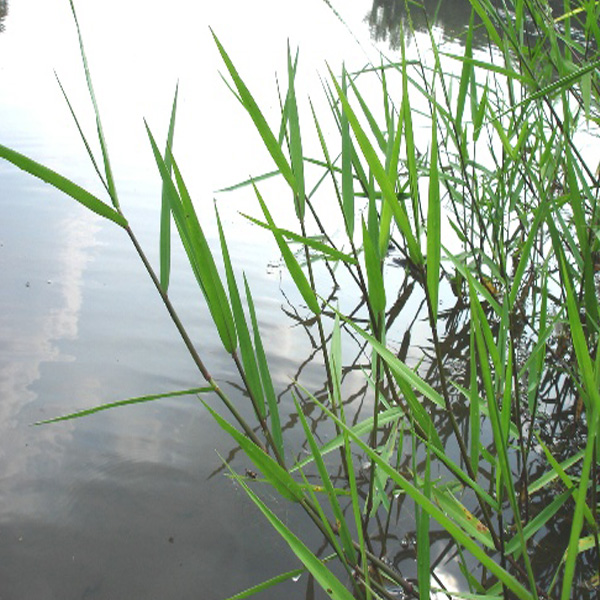 |
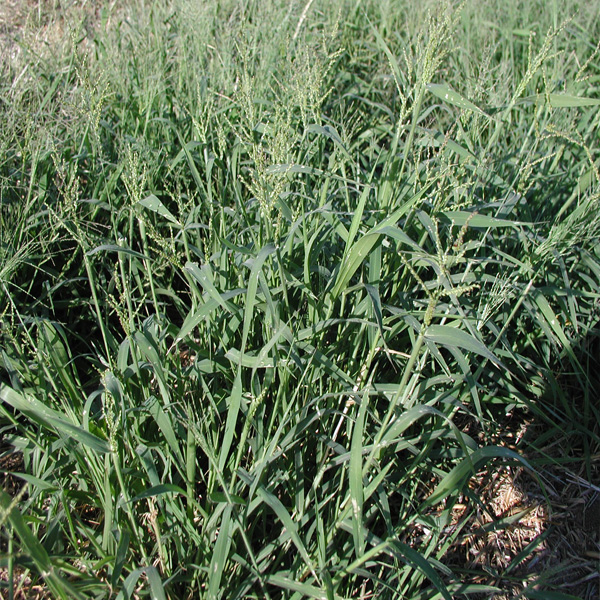 |
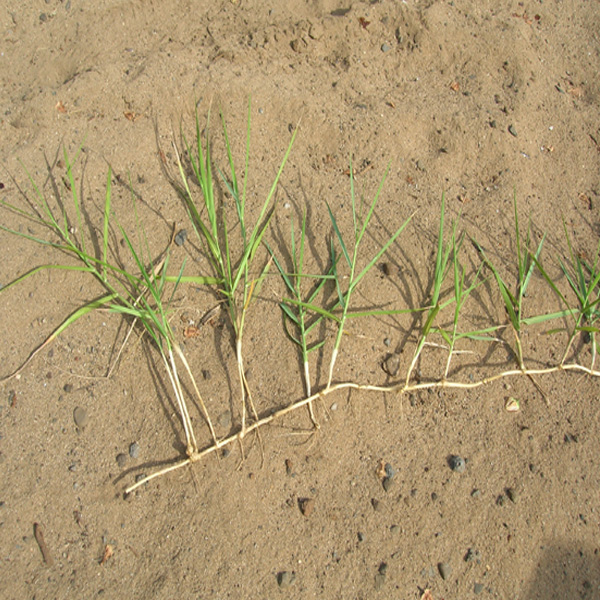 |
|
Distribution
NSW, QLD
Description
Species of grass known by many common names, including torpedograss, creeping panic, panic rampant, couch panicum, wainaku grass, quack grass, dog-tooth grass, and bullet grass. branching rhizomes, which are thick and pointed. The rhizomes creep along the ground or float in water, forming floating mats. They can reach a length of 6 meters (20 ft) and a soil depth of 7 meters (23 ft), and they can form a mat 15 centimeters (5.9 in) thick. The spreading rhizomes sprout repeatedly to form colonies of stems.[6] The stems are 20 to 90 centimeters (7.9 to 35.4 in) tall,[7] sometimes reaching 1 meter (3 ft 3 in). They grow erect or bend down. The leaves are stiff and straight, linear in shape, and flat or folded. They are sometimes white in color and waxy in texture. The inflorescence is a loose panicle of branches bearing small spikelets 2 to 3 millimeters (0.079 to 0.118 in) long.
Life Cycle
Perennial
Origin
Introduced
Mechanical Control
- Raking & cutting
- Weed Razor
- Weed Razor PRO
- Lake Mower
- Weed Rake
- ½ HP Aeration Fountain
- Harvesting
>View Products to combat Torpedo Grass
Water Couch
Species: Paspalum Distichum Family: Gramineae
 |
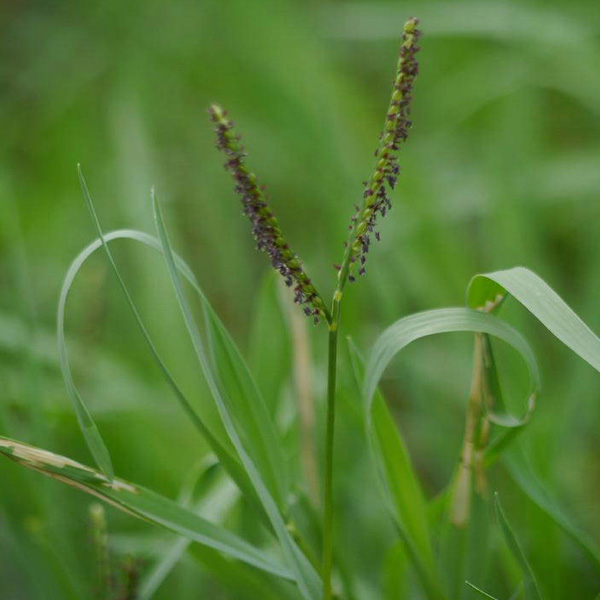 |
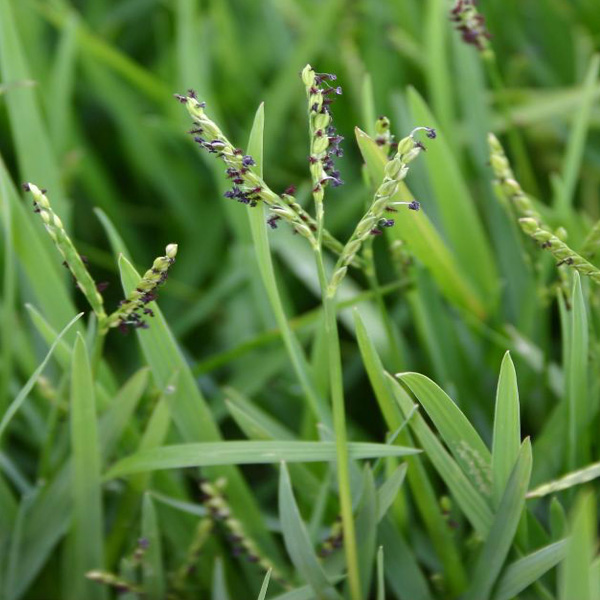 |
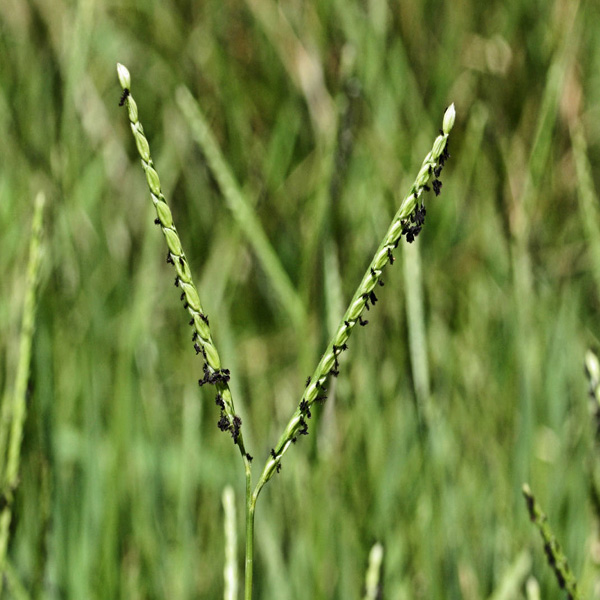 |
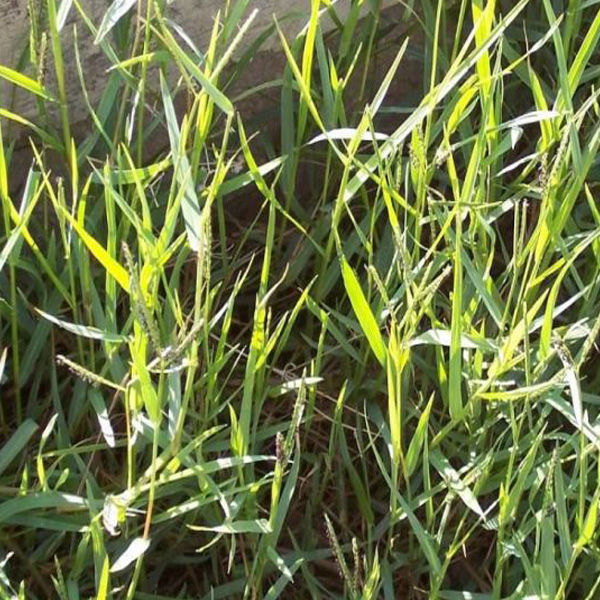 |
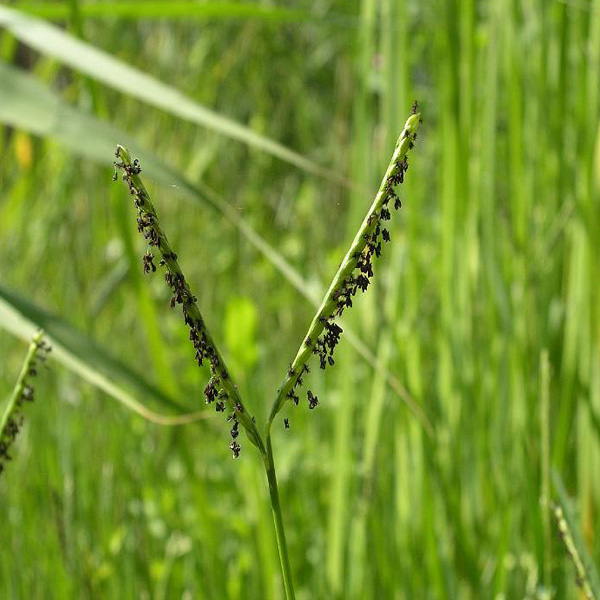 |
Distribution
NSW, QLD, VIC, SA, NT, ACT, WA
Description
Creeping perennials to c. 50 cm tall, with rather slender to rather stout whitish or yellowish rhizomes, and extensive many-noded, branching, stolons often forming loose mats; nodes dark, usually glabrous. Leaf blades to 15cm long.
Life Cycle
Perennial
Origin
Native
Mechanical Control
- Raking & cutting
- Weed Razor
- Weed Razor PRO
- Lake Mower
- Weed Rake
- ½ HP Aeration Fountain
- Harvesting
>View Products to combat Water Couch
Water Ribbons
Species: Triglochin Procerum Family: Juncaginaceae
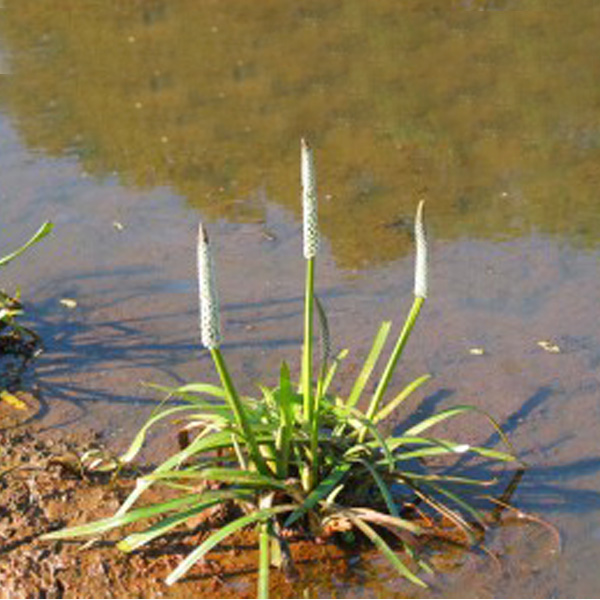 |
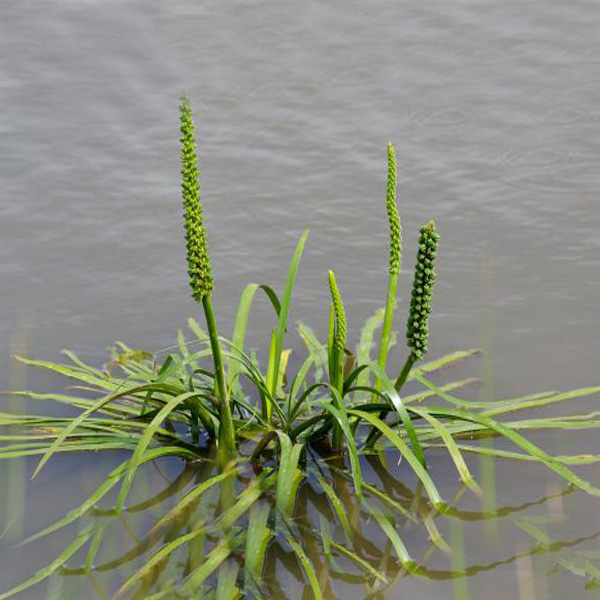 |
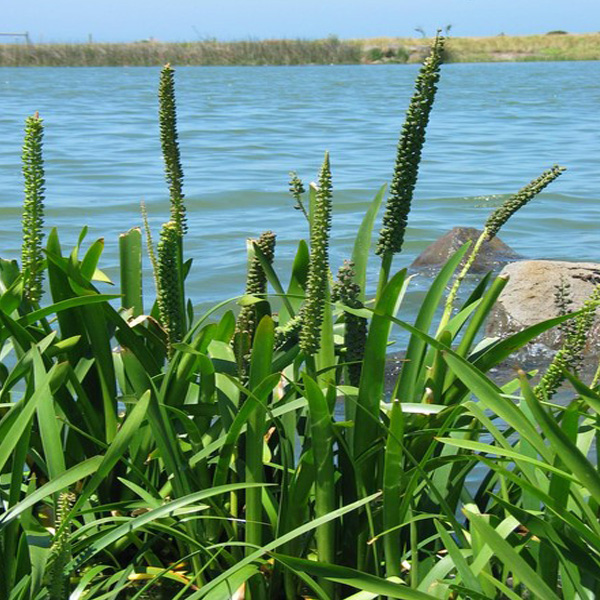 |
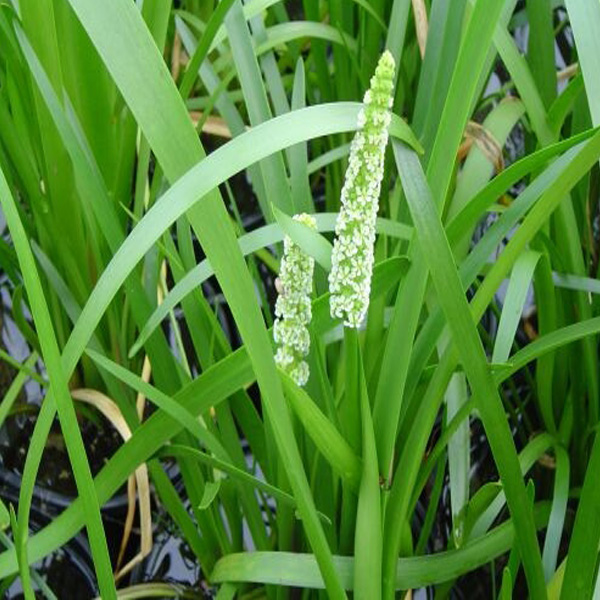 |
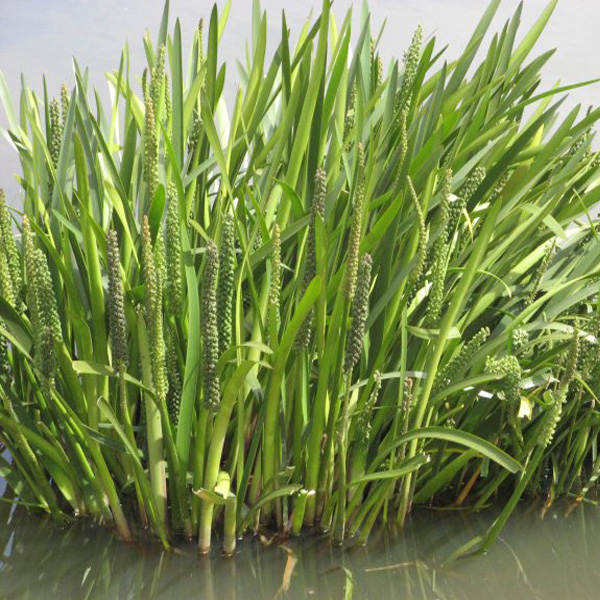 |
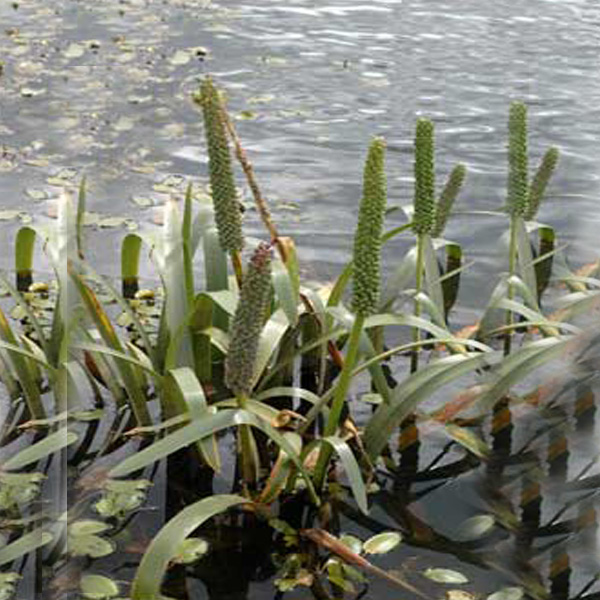 |
Distribution
NSW, QLD, VIC, SA, NT, ACT, WA, TAS
Description
Rhizomes are 7-18 mm thick with roots ending in elongated tubers from 20-145 mm long. Leaves are flat and strap-like, 350 cm long and generally to 40 mm wide. Flower-head is a fleshy, erect scape (stem), 27-145 cm long and 4-23 mm diameter with a spike-like flower-head (infructescence), 6-51 cm long and 17-42 mm diameter. Fruits are globular to ellipsoid in shape, 6.8-14.4 mm long. Common in still to slow-flowing fresh water of 2 m depth; permanent swamps, lagoons and streams across most of lowland Victoria, excluding the Mallee. However, it can withstand dry periods. Not normally found in saline water but see ‘Comments’ below.
Life Cycle
Perennial
Origin
Native
Mechanical Control
- Raking & cutting
- Weed Razor
- Weed Razor PRO
- Lake Mower
- Weed Rake
- ½ HP Aeration Fountain
- Harvestin
>View Products to combat Water Ribbons


